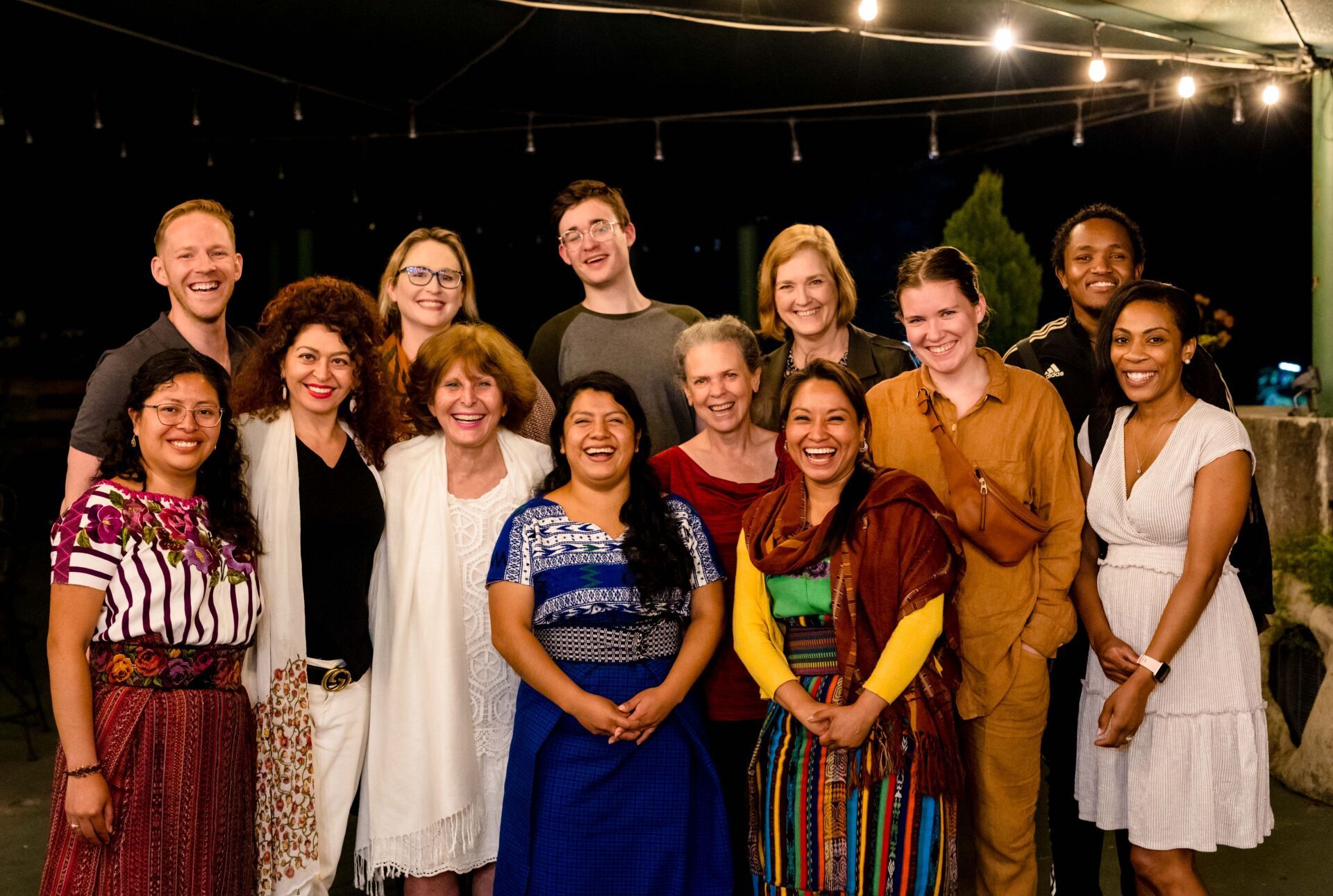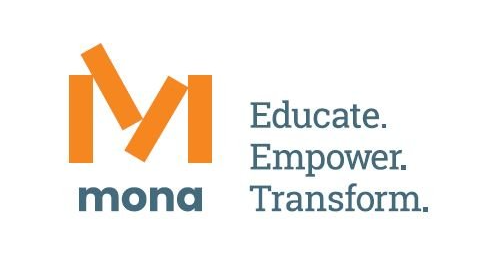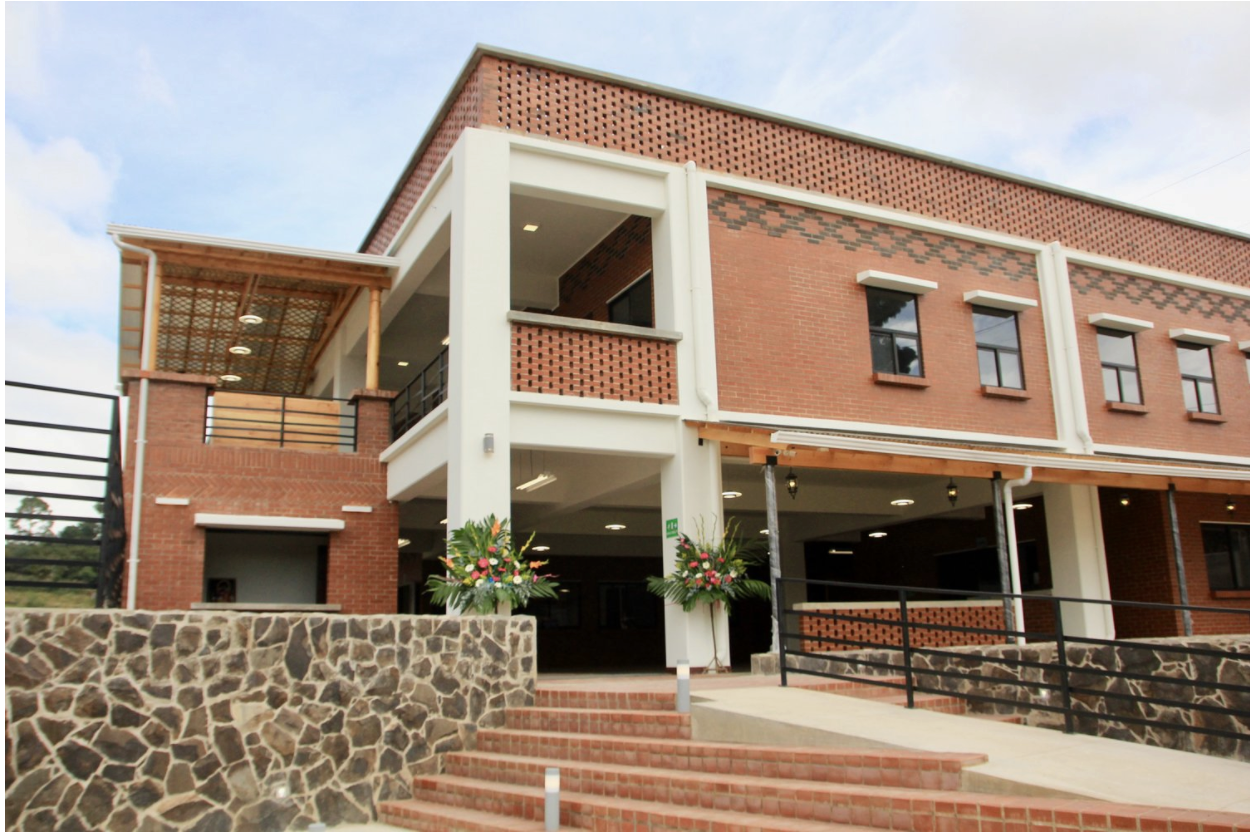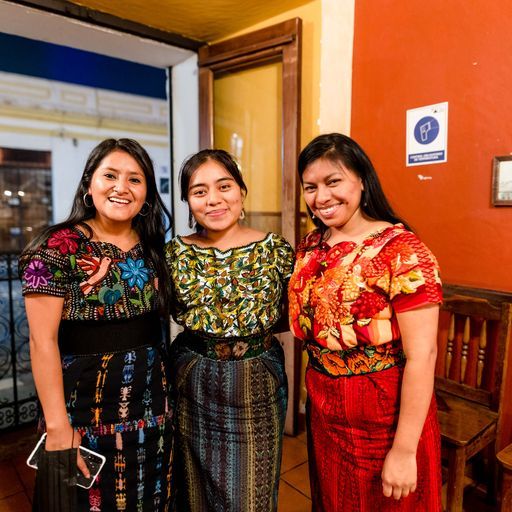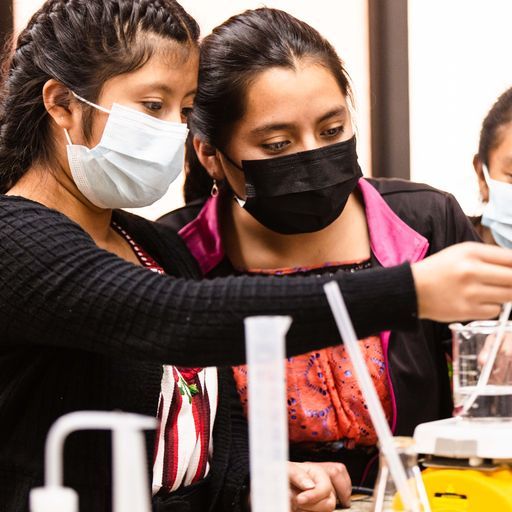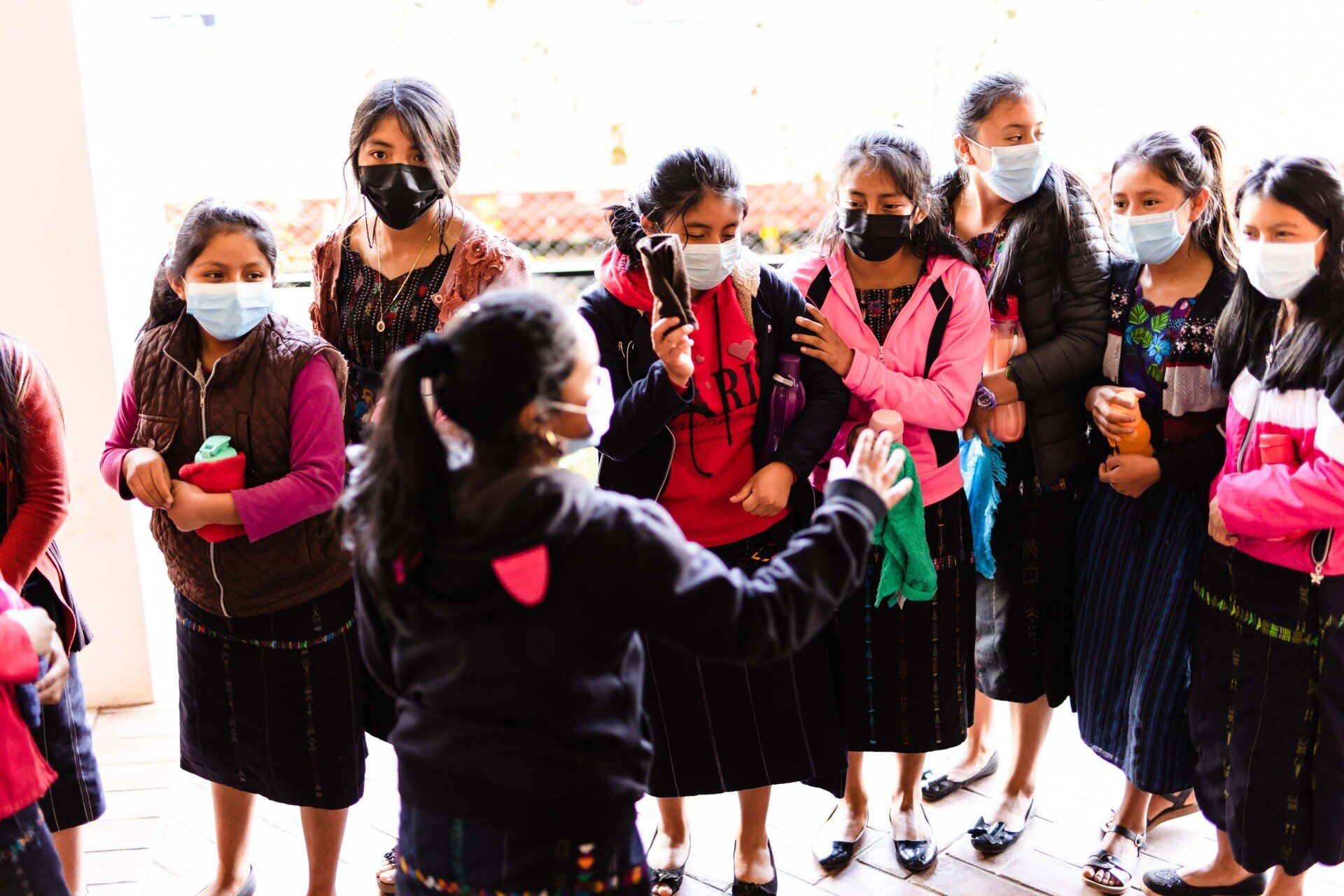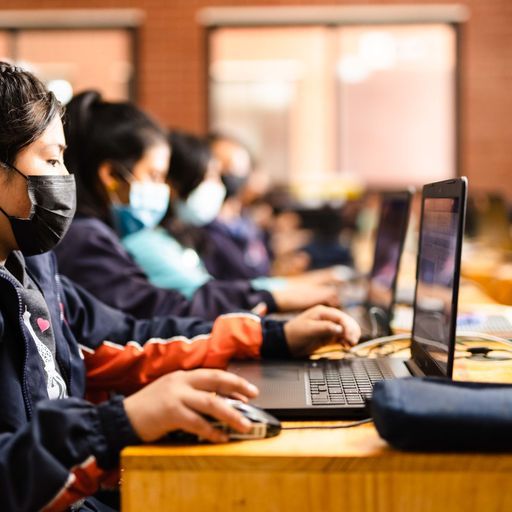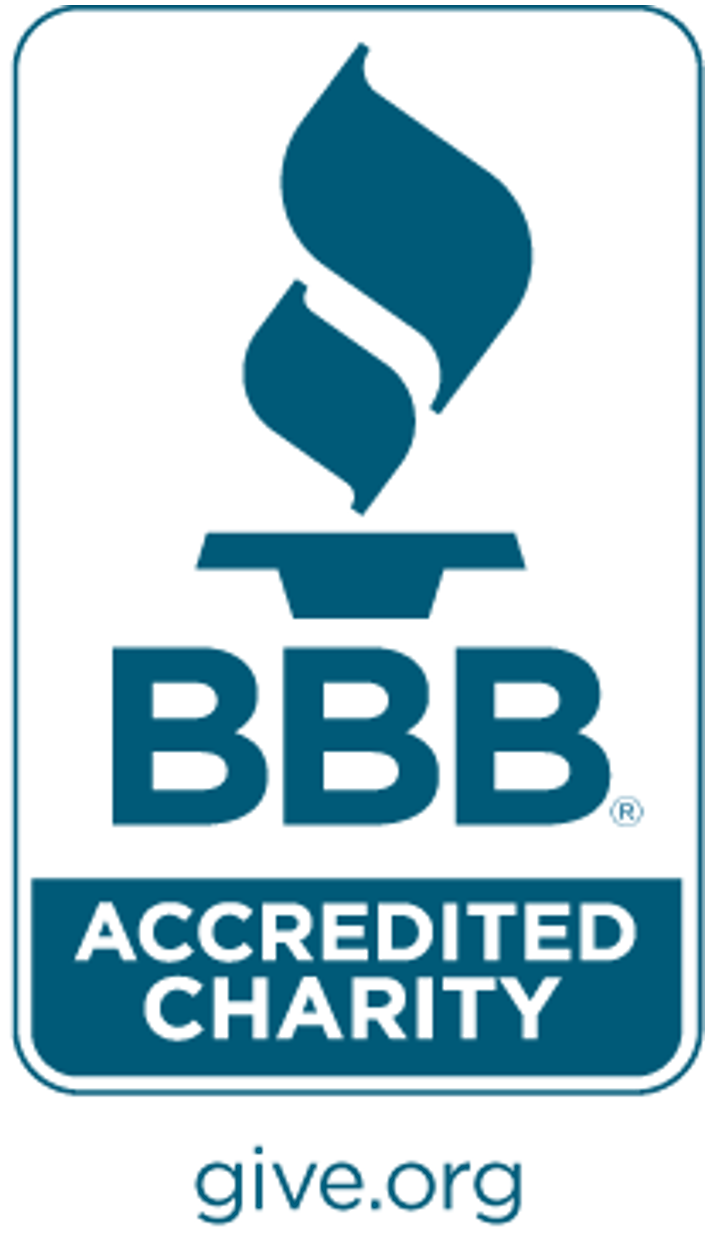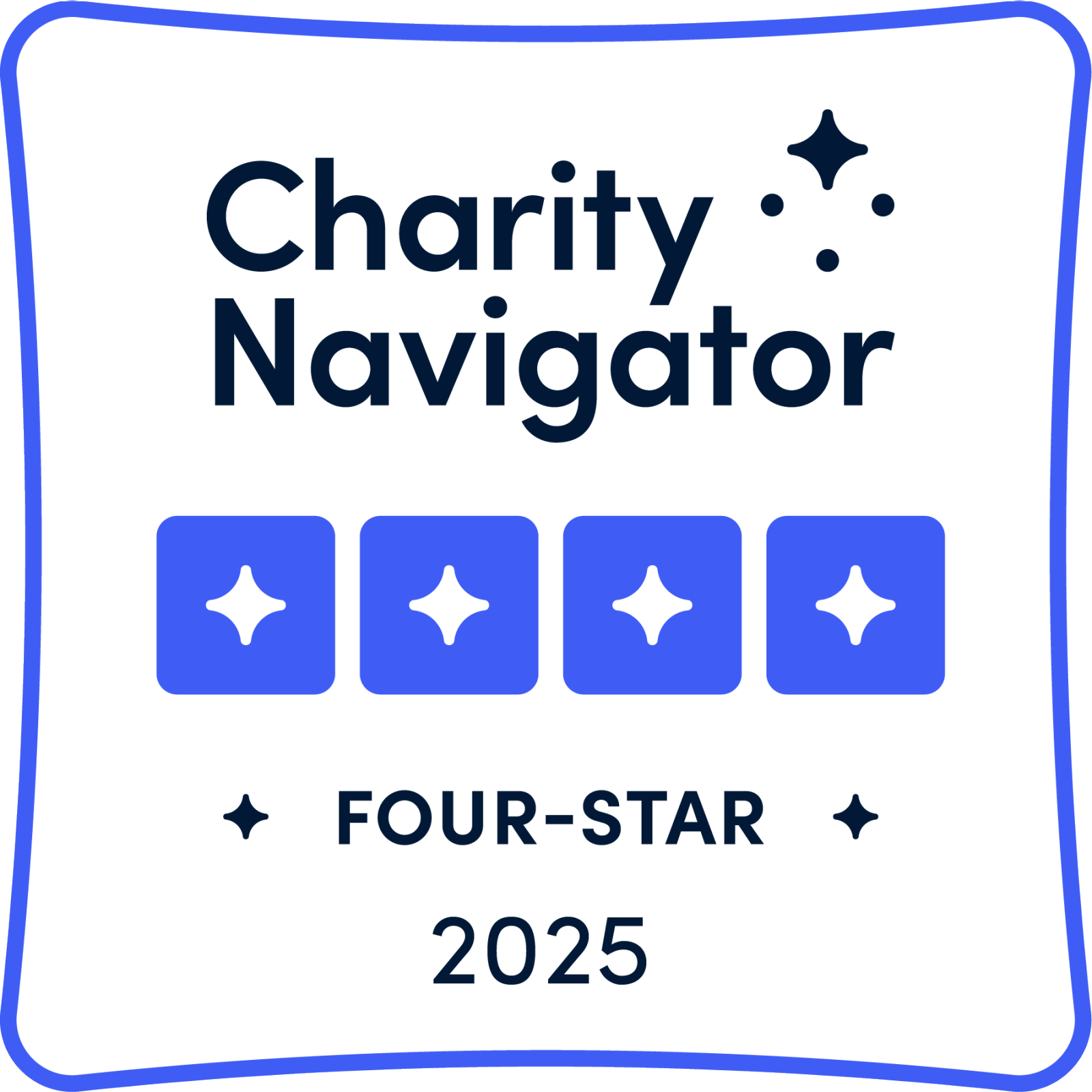Mona’s newest partner organization, MAIA Impact School in Guatemala provides an instructive case study. In March 2022, a team from Mona Foundation visited this impressive program, the first female, Indigenous-led secondary school in Central America serving the most marginalized segment of their society: indigenous Maya girls. For context, Guatemala has the worst gender-equity gap in the Western hemisphere. The prevalent culture gives no value to educating girls, seeing them as subservient to men and useful only for having babies and keeping house. Less than 20% of Maya women complete high school and 57% are married or have become mothers before age 18. In Sololá, where the Impact School is located, the population is 98% Maya and has the second-highest level of poverty in Guatemala with over 75% living on less than $2/day.
Transforming Education to Build a Prosperous, Gender-just Society
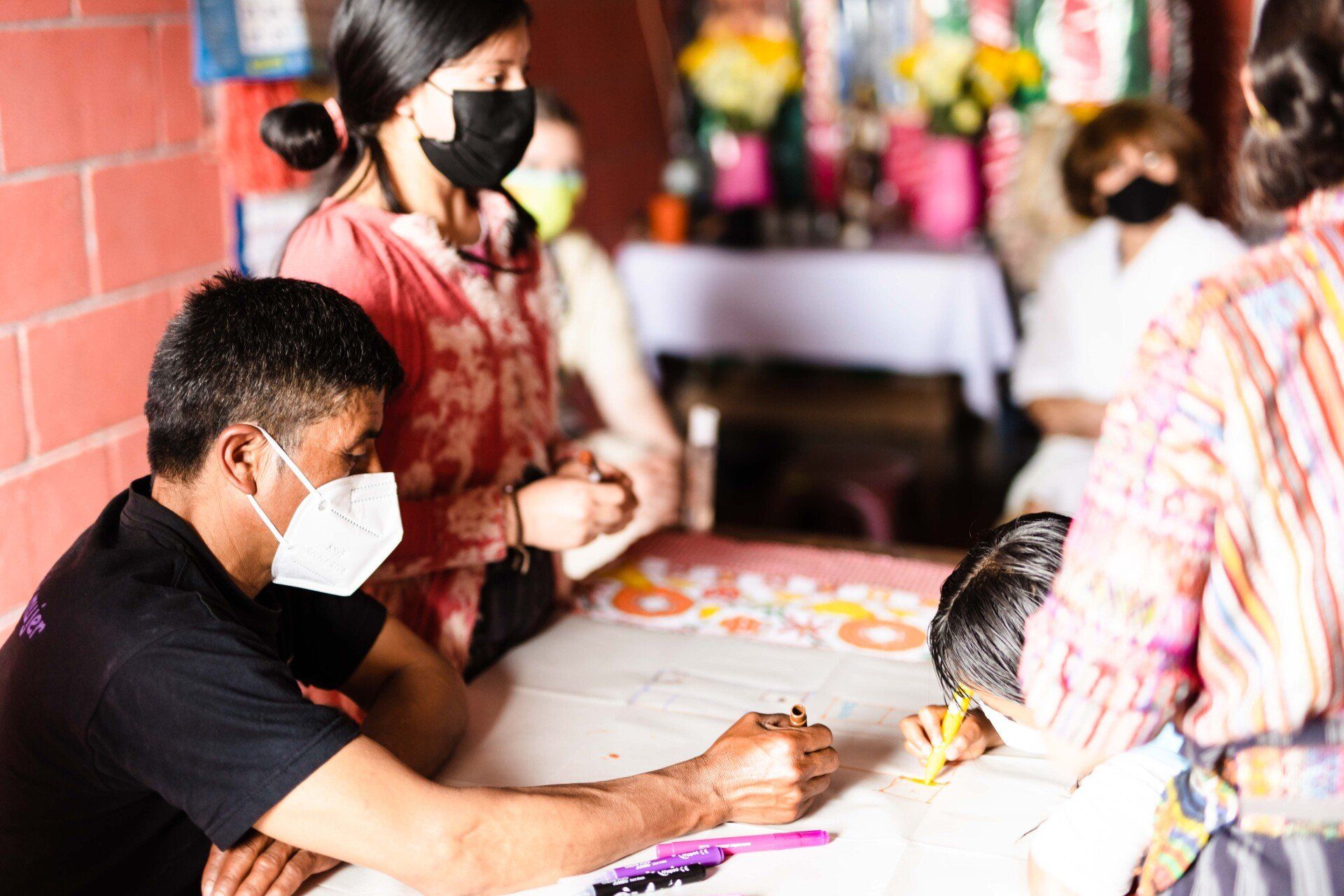
For the past 23 years, Mona Foundation has worked to alleviate global poverty through education, gender equality, and community transformation. We currently partner with 26 grassroots initiatives in 15 countries to educate and empower over 800,000 students in need, particularly women and girls. While it is widely accepted that investing $1 in education adds $10 in economic growth, in Mona’s experience, educating a girl multiplies this impact by 100. Educated women tend to marry at a later age, have fewer and healthier children, earn higher incomes, spend 90% on their families, and directly impact the development of their communities. All these factors help lift households out of poverty, benefit generations, and transform communities.
But to achieve a gender-just society, education needs to be transformed to teach the lessons of equality, ethics, and service alongside language, math, and science. Mona’s grassroots partners are leading this transformation. Across cultures and countries, their growing experience involves expanding the scope of their educational programs in surprisingly similar ways:
- A school environment that is safe and nurturing in which girls are encouraged to explore their talents and aspirations.
- Employing women teachers, mentors, and staff that serve as role models and daily reminders that becoming an educated, empowered woman is possible.
- Integrating girls’ empowerment programs into the school curriculum.
- Employing the arts to explore concepts of equality, its implications, and practical applications – engaging the heart as well as the mind.
- Assisting boys to reframe their role as champions of equality and justice.
- Engaging fathers and mothers to grow and develop alongside their daughters.
Empowerment programs are essential to helping girls see themselves as equal, autonomous persons worthy of respect, to discover their voice and aspirations, to gain confidence and actively participate in society. But to shift ingrained cultural patterns of inequality, their families must also be supported to recognize the importance of girls’ education and begin to integrate the principle of equality in their daily interactions. Girls don’t have to choose between their families and a life of their choosing. They can have both.
What does transformational education look like?
A Holistic Educational Model
Joining one of the mentors in visiting a Girl Pioneer’s family was one of the memorable experiences of our visit. We were welcomed by the student and her family – mother, father, grandmother, and four younger siblings -- into a small house with dirt floors, clay brick walls, few furnishings, and a tin roof. With all family members present, the mentor led us in a socioemotional activity to foster connectedness and a safe environment. She then facilitated a family activity to promote teamwork and engage in conversation about how the family members could support one another at home. The mentor and family had clearly developed a relationship of deep trust. Afterwards, one of our team members shared:
“The mother spoke of hardships, the baby’s illnesses this past year, jobs lost during Covid for both her and her husband. She spoke of plans to postpone improvements to their home. But at the end of it, hope still shone brightly in her eyes and with a smile she spoke of her family’s commitment to the education of all their children. …The father reiterated the same sentiment.”
The parents’ sacrifice and commitment to educating their daughters was humbling and inspiring.
Environment - All of the above are carried out in a school environment that is welcoming, safe, supportive, empowering, joyful, unifying, and serious. The school itself is beautiful. The building, set within gardens and green space, is simple, elegant, and well suited to its surroundings and purpose. Inspiration is always in view. Along the main walkway, a chain link fence is decorated with the names of empowered women – Rosa Parks, Anne Frank, Sara Curuchich, and so on – that each class had taken as their own. Beneath each name are padlocks the girls had painted with their own names and placed on the fence in a ceremony with their parents as a sign of their commitment to completing their education. A mural painted by students along one wall reads (in Spanish): “Empowered woman… Infinite Impact”.
Outcomes
While the Impact School will celebrate its first high school graduating class this year, MAIA’s legacy mentorship program has already yielded impressive results along four organizational goals:
- ECONOMIC AUTONOMY: Graduates will be independent and upwardly mobile when they earn the average income in Guatemala of $5,000 per year [this figure is being reassessed]. 50% of Girl Pioneer graduates from MAIA’s legacy program (who average 21 years of age) have already escaped poverty.
- LIFELONG LEARNING: Graduates will complete an average of 15 years of schooling. Girl Pioneer graduates from the legacy program are 60 times more likely to enroll in university compared to their non-MAIA counterparts.
- HER FAMILY ON HER TERMS: Graduates will delay marriage and pregnancy until they are at least 25 years old and in a stable position to support a family. 92% of Girl Pioneer graduates from the legacy program are delaying motherhood to complete their studies and further their professional development.
- UNLOCKING LEADERSHIP POTENTIAL: Girl Pioneers are empowered to empower. 58% of Girl Pioneer graduates from the legacy program hold a formal leadership position within an organization.
With the Impact School now integrating quality education, girls’ empowerment, and family engagement into a coherent, transformative program, the trajectory for Girl Pioneers is swiftly rising. Mona Foundation looks forward to a long partnership with MAIA and has no doubt the girls it graduates, together with their families and communities, will do much to create a more just, equitable, and prosperous society.
